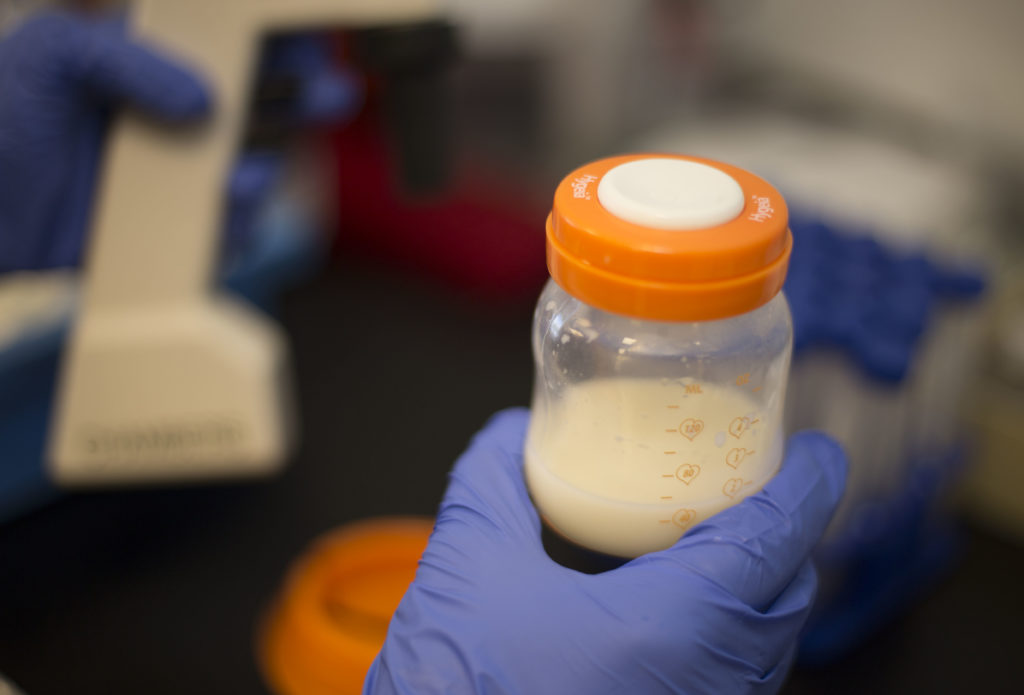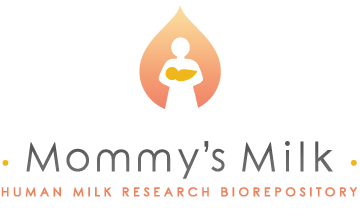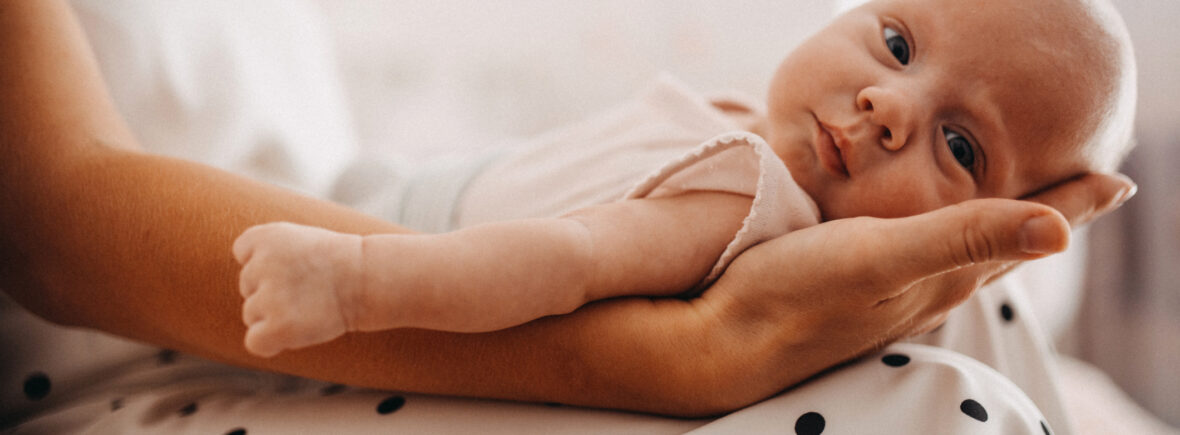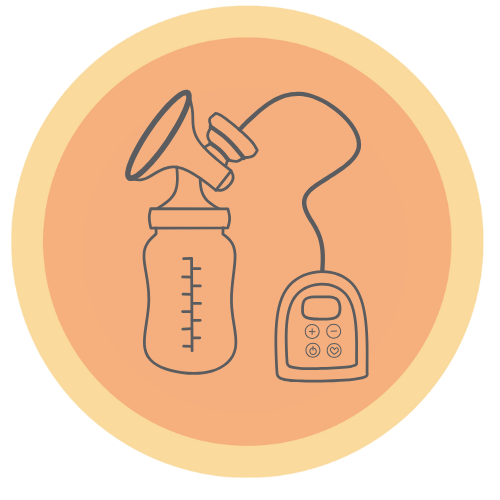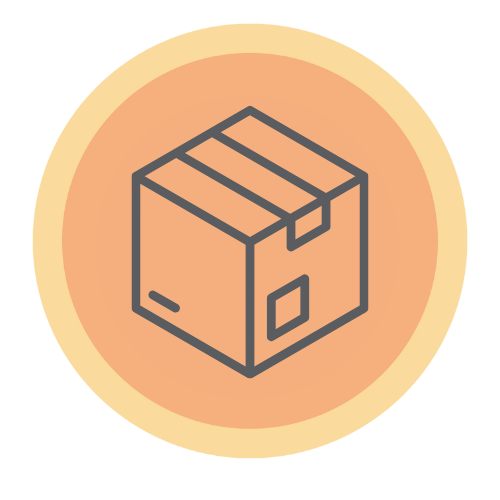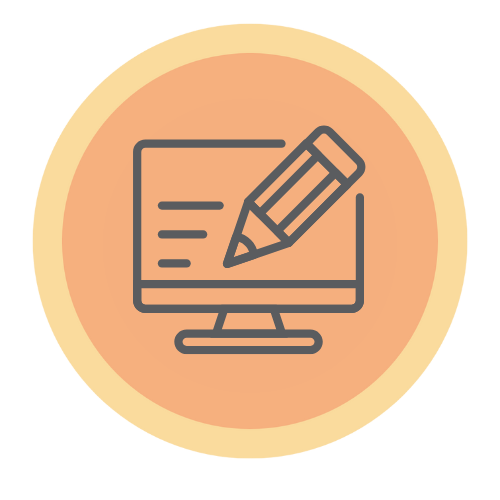Thank you for participating in our research studies and contributing to Mommy’s Milk: Human Milk Biorepository! On this page, you will find resources on how to collect, ship, and package samples during your research participation. Since 2019, we have been instrumental in identifying exposures in human milk and helping to understand if there is a risk to child health and development.
Below are instructional videos as well as our self-service Frequently Asked Questions for current study participants so you can get answers to your questions easily online. These instructional videos are designed to have participation resources in one place to make it easier for parents to contribute to our studies. Please see our how-to videos covering sample collection, packages samples for return, and completing your DocUSign.
Click on each icon to go to the video explaining instructions for each step.
Other Frequently Asked Questions
What is an Exposure Interview?
This is a phone call with our team just after you self-collect your breast milk and/or other biological samples. During the interview, we ask for information about your demographics (your age, race, and ethnicity), your health history (medical conditions, exercise, and sleep), and your medication and lifestyle habits. This includes exposure to vitamins, supplements, prescription medications, over the counter medications, caffeine, alcohol, tobacco, and recreational drug, etc. Additionally, we ask about your child’s health, birth measurements, APGAR scores, breastfeeding patterns, and any adverse reactions they may have experienced.
What are APGAR scores?
The APGAR score acts as a rapid health check to ensure a smooth transition for the newborn into the world. This would have happened by visual assessment from your Labor and Delivery Nurse. The total score ranges from 0-10. The higher the score the better the baby was doing with 1) color, 2) heart rate, 3) reflexes, 4) muscle tone, and 5) respiration. If you have a health chart app like MyChart, KP, FollowMyHealth, etc., you should be able to locate this information from your discharge paperwork or your pediatric follow-up visit.
When will my samples be picked up?
During your exposure interview call, you will discuss the best time for your Fedex Pickup. Ideally, your pickup will be scheduled for right after your call. Your interviewer will schedule the pickup for you. All you will need to do is set the package outside your door. You do not need to be home or available during your pickup window.
What happens if my sample isn’t picked up?
Sometimes FedEx is running late and they may or may not notify you. If your package still hasn’t been picked up about 30 minutes after your schedule time, please contact Mommy’s Milk by phone or email or both! If it is after our business hours (5:00pm PT), bring your package back inside and put it in the freezer. Our team will get back to you as soon as possible to reschedule the pickup.
What do I need to bring if I’m participating in person?
Just yourself! We provide a hospital grade breast pump or a hand pump for you to use. It can be helpful to have your baby’s measurements and any medication information gathered ahead of time. You are always welcome to have you child with you during the appointment.
What are other breastfeeding resources?
Questions about medications or other exposures while breastfeeding? Check out the resource LactRx! LactRx by MotherToBaby is a free app that provides current information on the use of medications, vaccines, and more while breastfeeding. The app is an extension of LactMed database, a resource from the National Library of Medicine (NLM). LactRx gets monthly updates from NLM, allowing the most up-to-date information to be shared with users.
You can also reach out to the MotherToBaby’s free counseling services which includes access to information specialists on breastfeeding and pregnancy exposures by phone, text, email, and live chat.
How do I collect the breastmilk sample?
Please refer to the paper instructions included in your package or watch the video below for more information on how to collect your breastmilk sample.
Video | Mom Milk Sample
Watch the Mom Milk Sample video to learn how to collect and package a milk sample for research.
How do I package samples to ship back?
The following video will help with packaging for your return shipment. Depending on the study you are participating in, you will have one or two prepaid return envelopes. The two prepaid envelopes are identical. You will place milk and two ice packs in one and the remaining samples with the remaining ice packs in the other prepaid return envelope. Using these steps, will help ensure the research items needed will reach the Mommy’s Milk team in optimal conditions for research.
Video | Milk Sample Storage, Packing, and Shipping
In this video, you will learn how to properly package your milk sample for shipping.
How do I complete the DocUSign?
Please sign your consent forms before your scheduled interview. In this video below, you will learn how to complete the electronic paperwork to participate in a Mommy’s Milk study.
Video | How to Sign a DocuSign Consent Form
In this video, learn how to complete the electronic paperwork.
Thank you for participating with us!
We hope these FAQs and resources for study participants have helped make your participation easy! If you still have questions, our study team is happy to help. Please contact us at 844. 605. MILK(6455) or milkstudy@health.ucsd.edu for any additional questions or participation issues.
